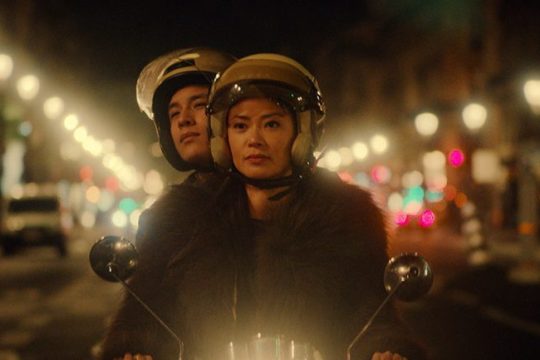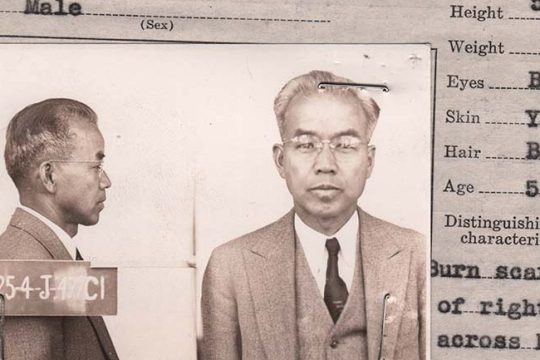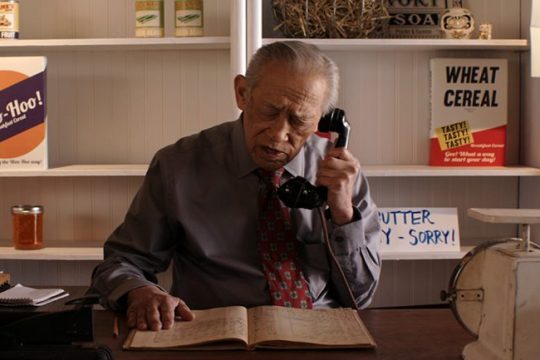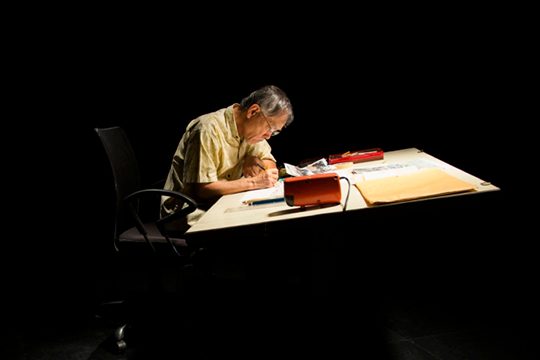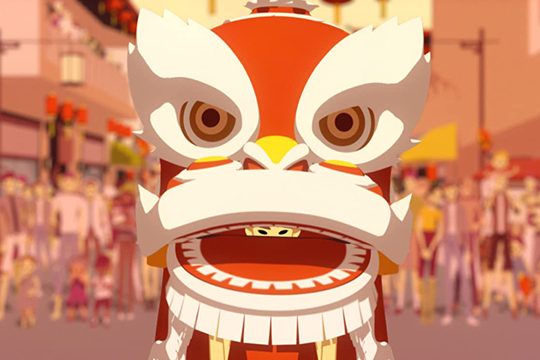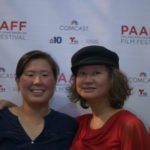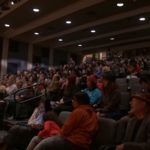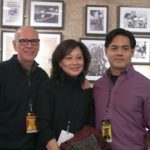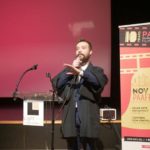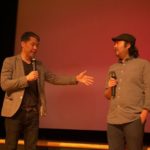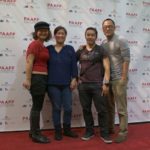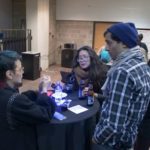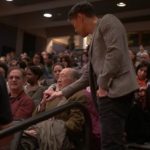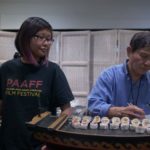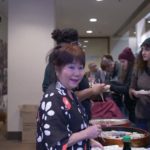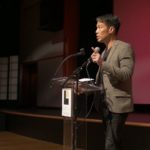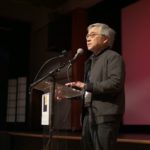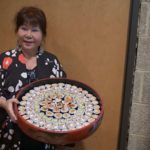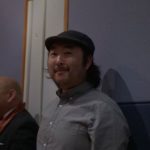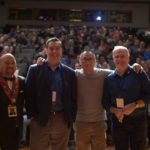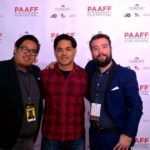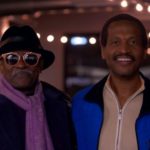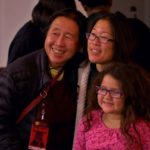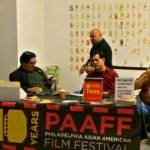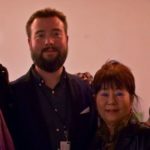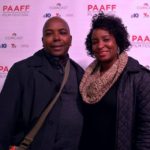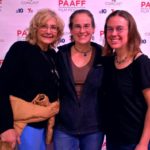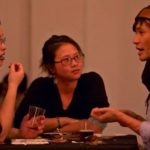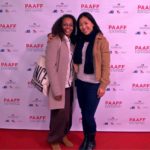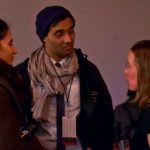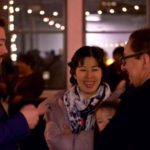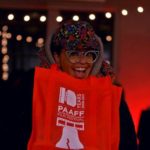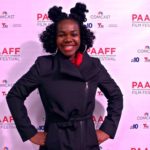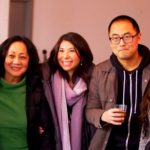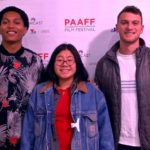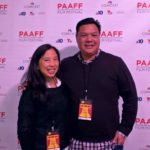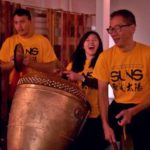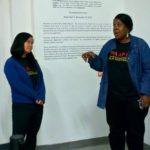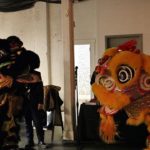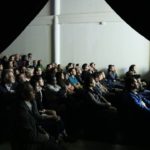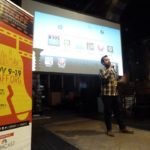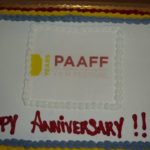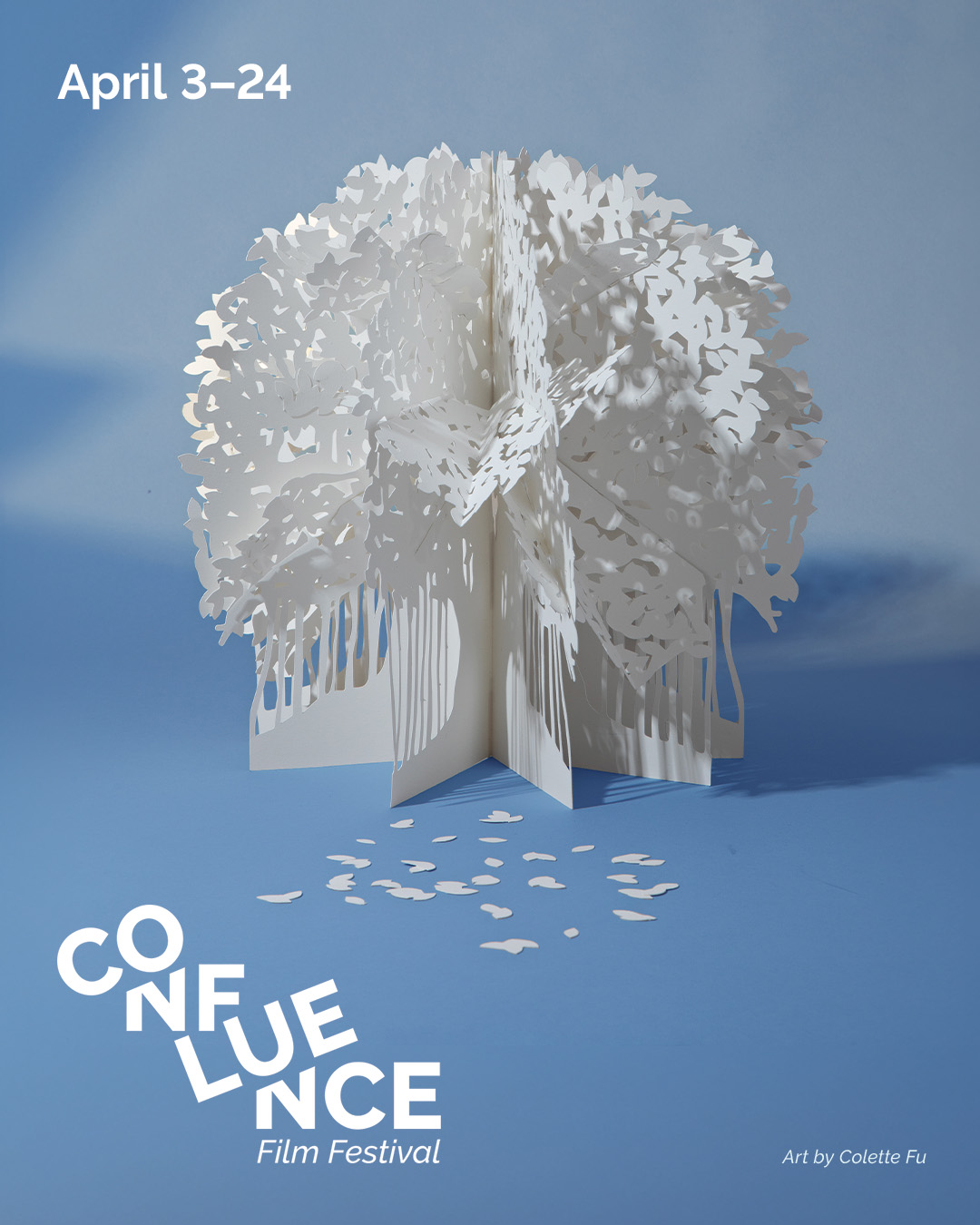PAAFF 2017
NOV. 9-NOV. 19
2017 Festival Recap
2017 marked the 10th anniversary of PAAFF! In the 10 years since this festival began, this industry and the opportunities available for AAPI within it have changed drastically. There has been much progress, but there is still a long way to go. To celebrate, the festival had a special feature retrospective showcase of significant film titles starring AAPIs throughout the history of cinema such as Anna May Wong. We continued our partnership with PhillyCAM by hosting an AAPI Youth Media Workshop, allowing participants aged 12-18 learn about media representation and how to tell their own The end product of this week-long intensive workshop will be a series of short films, which had their world premiere at the 2017 festival.
PAAFF acted as a local partner for Center for Asian American Media’s Memories to Light Campaign, an initiative aimed at discovering, digitizing, and archiving AAPI home movies from the 8mm, super 8 and 16mm film-era. PAAFF collected materials from the entire mid-Atlantic region, further increasing our ability to spread our mission.
Director’s Statement
Anniversaries are strange things. We rejoice over birthdays, wedding anniversaries, and other important milestones in our personal and professional lives—yet we also commemorate significant dates that are negative.
In observing the 10th anniversary of PAAFF, we celebrate the many noteworthy accomplishments that this volunteer-led group of community organizers and media advocates have achieved over our decade-long history. However, we must also recognize that our very existence as an organization is due to a fundamental racial inequality in American Society. PAAFF is just one small part of a much larger movement that has taken place over the course of more than a century as persons of Asian descent fought, and continue to fight, for our right to be seen as Americans.
2017 marks the 75th anniversary of the Executive Order 9066, which in 1942 set a legal precedent for 120,000 persons of Japanese ancestry to be forcibly evicted from their homes and mass-incarcerated in prison camps during WWII. Subsequent propaganda campaigns portrayed Japanese Americans as a purported “fifth column” ready to support their ancestral homeland in an attempt to justify the incarceration. As a result, an entire generation was polluted by intense anti-Asian racism that irrevocably changed how Japanese Americans were received by people who lived through that era. We also recognize 2017 as the 135th anniversary of the Chinese Exclusion Act, the 1882 law that singled out a specific ethnic group by banning their entry to the United States. Countless negative stereotypes were born out of the yellow peril propaganda that still haunt Chinese Americans today.
Remarkably, there was a period between these two landmark events when Asian Americans actually achieved widespread recognition in mainstream Hollywood pictures of the late 1910s – early 1940s. During this brief window, actors such as Sessue Hayakawa, Tsuru Aoki, Anna May Wong, Keye Luke, Lotus Long, Philip Ahn, Sabu Dastagir, and others became household names. While many of their roles were heavily typecast and often stereotyped with negative tropes, they achieved broad-based recognition as a more authentic alternative to the yellow-face portrayals of Asians that plagued much of Hollywood cinema at that time. In recognizing our own anniversary, we remember these incredible forerunners to the Asian American cinema movement through our Asian Americans in Early Hollywood retrospective.
Several programs come to mind that engage with these subjects directly: Opening Night Film, The Dragon Painter starring Sessue Hayakawa was produced nearly 100 years ago in an attempt to counter orientalist stereotypes of that era. Past and present merge in Centerpiece Documentary Finding Kukan, when filmmaker Robin Lung discovers a lost 1941 Academy Award winning documentary produced by Chinese American Li Ling-Ai. We’re also hosting two days of free programs at the Institute of Contemporary Art about the Chinese Exclusion Act and Japanese American Incarceration.
I offer my sincerest thanks to the many volunteer staff, community partners, venues, sponsors,and audience members who have made PAAFF possible for the past 10 years. May we be as lucky to enjoy your support for the next 10 years.
Onwards and upwards,
Rob Buscher
Festival Director
AWARD
WINNERS
We always believe that amazing work should be awarded and praised. These were the best of the best from our 2017 festival.

